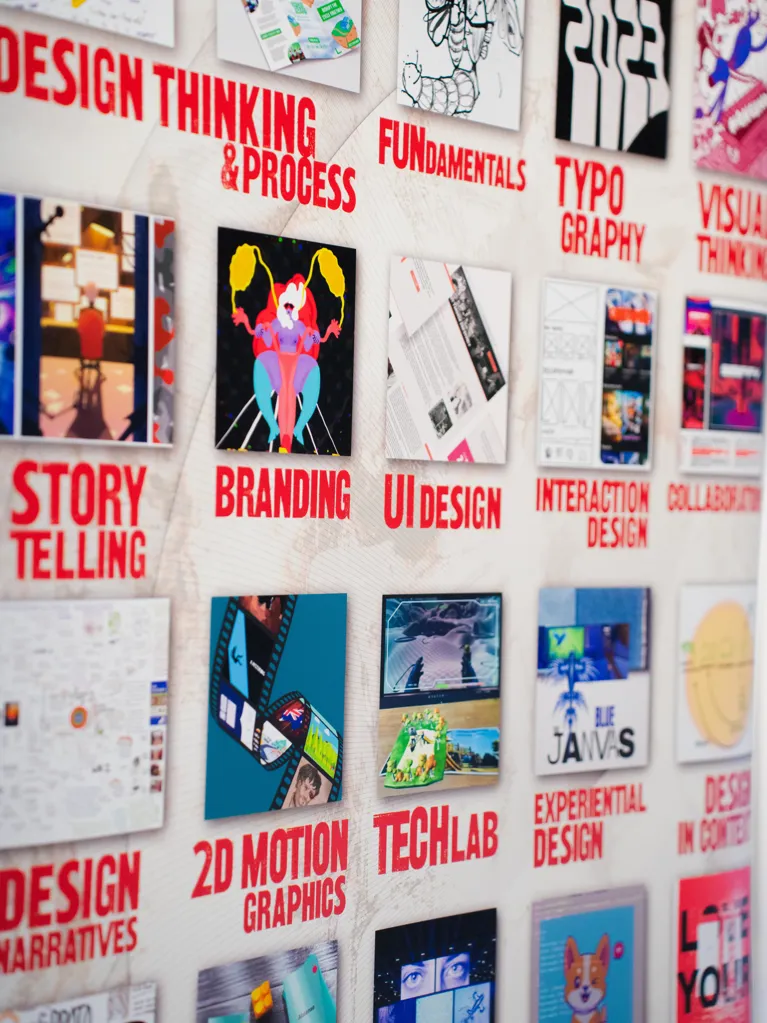Our Design Courses
Notable Alumni
Industry-Standard Tech and Software
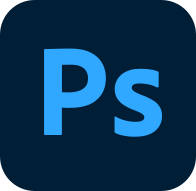

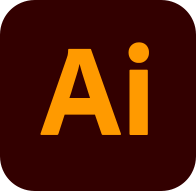


From day one you’ll attend classes set up in studio-like environments and have access to a range of state of the art equipment and software. All JMC Design (Visual Communication) students receive a full Adobe Creative Cloud licence allowing for use on their personal computer.
Global Industry Connections
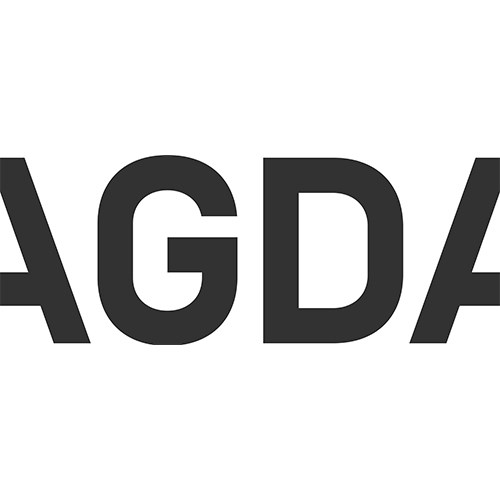
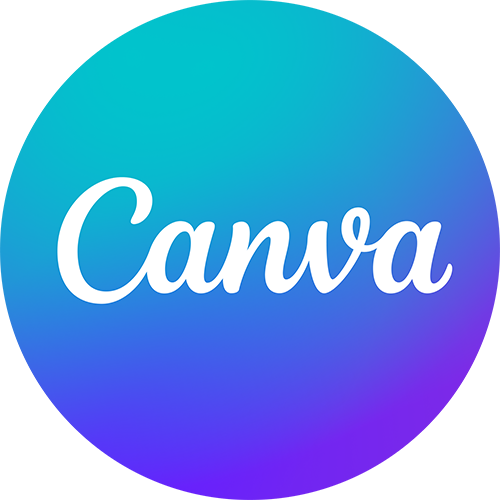


Design Student Work
Explore our design student work, which presents a selection of graphic design, multimedia, and video projects by our Design (Visual Communication) students. This is a straightforward reflection of the skills and ideas our students develop at various stages throughout their course from the fundamentals to industry-ready.
See showcase
Design Graduate Showcase
Celebrating the work our students have put in over the years to emerge as the next generation of designers. At the annual Design Graduate Showcase, our design graduates present their work to industry as they prepare to take their first career steps after graduating.
Stay inspired @jmcacademydesign
Other Creative Arts Courses
Bachelor of Design (Visual Communication)
2 Years (6 trimesters)
Sydney | Melbourne - Australia
Undergraduate
The Bachelor's degree provides an opportunity to develop visual communication skills, gain an understanding of industry tools, and build a professional portfolio. If you’re passionate about all things visual and the impact design has on people and culture, this course is for you.
Diploma of Design (Visual Communication)
8 Months (2 trimesters)
Sydney | Melbourne - Australia
Undergraduate
Learn the basics of graphic design and the technical skills needed to create visually appealing messaging. Explore the design process, from research and ideation to implementation, and watch your work come to life through sketching and prototyping.
Find out more
Our Lecturers
Josh Coates
Josh Coates
Clint Harvey
Clint is a design addict, a compulsive gatherer and a very curious, creative, sharing 20+ years of design education, collecting letterpress artefacts, importing classic cars, and creating visual communication solutions are his primary passions.
His creations are based on core design principles and 30 plus years of design experience, supported by a collaborative team of colleagues. Clint explores, learns, and preserve traditional crafts and is a passionate advocate for integrated art and design approaches. Clint seeks old craftspeople to collaborate with, combine their skills and learn from them, for him its all about sharing the knowledge with the next generation of creatives in an attempt to produce effective and creative human interactions.
Clint Harvey
Clint is a design addict, a compulsive gatherer and a very curious, creative, sharing 20+ years of design education, collecting letterpress artefacts, importing classic cars, and creating visual communication solutions are his primary passions.
His creations are based on core design principles and 30 plus years of design experience, supported by a collaborative team of colleagues. Clint explores, learns, and preserve traditional crafts and is a passionate advocate for integrated art and design approaches. Clint seeks old craftspeople to collaborate with, combine their skills and learn from them, for him its all about sharing the knowledge with the next generation of creatives in an attempt to produce effective and creative human interactions.
Andrew Barnum
Andrew Barnum is a Designer, Educator and Artist and continues to work on projects and in contexts that synthesise his experience and inspiration as a creative practitioner. In Design he is the chief creative officer of Social Design Action consultancy Peopleness, which is human-centered design focused. In education he is a PhD candidate at UTS researching the potential dislocation between Australian song, cultural identity and place in the digital age, and is course author and lecturer in the Bachelor of Design (Digital Design) at JMC Academy in Sydney.
As an artist his passion is songwriting and painting with independent releases on iTunes and Spotify as Andrew Barnum and Vitabeats, with a new project under the moniker of Memory Collective. His most recent paintings are a series of colour field investigations in Australian ‘colours in common.’
Andrew Barnum
Andrew Barnum is a Designer, Educator and Artist and continues to work on projects and in contexts that synthesise his experience and inspiration as a creative practitioner. In Design he is the chief creative officer of Social Design Action consultancy Peopleness, which is human-centered design focused. In education he is a PhD candidate at UTS researching the potential dislocation between Australian song, cultural identity and place in the digital age, and is course author and lecturer in the Bachelor of Design (Digital Design) at JMC Academy in Sydney.
As an artist his passion is songwriting and painting with independent releases on iTunes and Spotify as Andrew Barnum and Vitabeats, with a new project under the moniker of Memory Collective. His most recent paintings are a series of colour field investigations in Australian ‘colours in common.’
Rizwan Nawaz
Growing up in Hong Kong and Australia, Rizwan Nawaz was always an avid learner and creative thinker. In high school he was Dux for 4 years and could have become anything he wanted to be; a finance professional, a doctor, a scientist or even a literary professional. However, his imagination and love for design would take him down a different path. Instead, he completed a Certificate II in Multimedia at TAFE plus a Bachelor of Visual Arts and Design at university.
He then began his career in uniforms and signage learning how to practically apply his designs. Soon he opened his own clothing store in a Sydney factory outlet, garnering that entrepreneurial spirit. All this by the age of 20. Soon after a university internship turned into a job at a B2B Publication house, where he worked on various industry magazines; including the finance, franchising, healthcare, hospitality, manufacturing and media sectors. Rizwan then made his way up into a Creative Director role for a merchandising group. A few years later, he was poached to work as a Lead Pitch Designer in the commercial real estate sector.
All the while Rizwan dabbled in freelancing during this journey. He finally quit the corporate world to focus full-time on his creative agency, where he built a team of experts and followed a deep passion for learning, innovation and sharing his knowledge through teaching and lecturing. He is fascinated by history, mythology and philosophy; and how they can tie together a brand’s story, values and narrative. Championing diversity, equity and inclusion are also some of his life missions.
In his spare time, he loves photographing cityscapes and landscapes and is an accredited Master Photographer on Google Maps. He spends some of his year lecturing Design and Entertainment Business Management at JMC Academy.
Rizwan Nawaz
Growing up in Hong Kong and Australia, Rizwan Nawaz was always an avid learner and creative thinker. In high school he was Dux for 4 years and could have become anything he wanted to be; a finance professional, a doctor, a scientist or even a literary professional. However, his imagination and love for design would take him down a different path. Instead, he completed a Certificate II in Multimedia at TAFE plus a Bachelor of Visual Arts and Design at university.
He then began his career in uniforms and signage learning how to practically apply his designs. Soon he opened his own clothing store in a Sydney factory outlet, garnering that entrepreneurial spirit. All this by the age of 20. Soon after a university internship turned into a job at a B2B Publication house, where he worked on various industry magazines; including the finance, franchising, healthcare, hospitality, manufacturing and media sectors. Rizwan then made his way up into a Creative Director role for a merchandising group. A few years later, he was poached to work as a Lead Pitch Designer in the commercial real estate sector.
All the while Rizwan dabbled in freelancing during this journey. He finally quit the corporate world to focus full-time on his creative agency, where he built a team of experts and followed a deep passion for learning, innovation and sharing his knowledge through teaching and lecturing. He is fascinated by history, mythology and philosophy; and how they can tie together a brand’s story, values and narrative. Championing diversity, equity and inclusion are also some of his life missions.
In his spare time, he loves photographing cityscapes and landscapes and is an accredited Master Photographer on Google Maps. He spends some of his year lecturing Design and Entertainment Business Management at JMC Academy.
You will need to bring the following to your course:
- Laptop: Macbook Pro or similarly powered
- Windows laptop, running latest OS
- Device: Smartphone or Tablet
- Journal: A5 size Blank pages
- Pen: Felt-tip 0.3-0.5
- Pencils: HB-2B, rulers and erasers
JMC will supply you with Adobe Creative Cloud software
At application, we are most keen to learn about your passion and reasons for wanting to study design. In addition to that, we ask that you answer the following two questions prior to coming in for the interview:
- Show us your best piece of work
What’s something you’ve created that you’re really proud of? It can be any of the following:
- An image (a photography piece, an illustration or a painting)
- A project (an idea, a story, a film critique, a blog, etc…)
- A product (a website, an animation, a poster, presentation, etc…)
Write a small paragraph explaining your choices and rationale behind it. Show us your rigor and initiative. Give us an insight into your creative approach, your creativity and the resulting output.
- Tell us your thoughts
- Choose a brand that you like and think is successful; write a short paragraph reflecting on why you like it and the reasons behind its success.
- Choose a brand that you dislike or has not been doing well; write a short paragraph reflecting on what the issues are and how they might improve.
Show us the way you see the world around you, your standard of what makes a design good or bad and an insight into your thought process.
No. We equip you with digital tools that allow you to create high-functioning prototypes without coding.
This course is very hands on, and you will tackle real world creative projects. However, having a foundational understanding of design theory is still vitally important. There is approximately a 25% (theory) to 75% (practice) balance.
No. We assess your work as would happen in the workplace via proposal documents and reports, presentations and demonstrations.
As with any design you will need to communicate ideas via drawing and sketching. We believe anyone can learn how to think visually, and we teach sketching techniques right from the beginning. So, if you are open to making marks and learning how to do it well, that’s all you need to start!
JMC Academy is broadly recognised and accredited:
- Registered Higher Education Provider.
- Accredited by the Tertiary Education Quality and Standards Agency (TEQSA)
- Registered on the Commonwealth Register of Institutions and Courses for Overseas Students (CRICOS).
-
Regulated by the Australian Skills Quality Authority (ASQA).
-
Member of the Independent Tertiary Education Council Australia (ITECA).
- Nationally recognised within the Australian Qualifications Framework.
Our strong industry links also ensure that JMC Academy qualifications are recognised within the creative industries.
